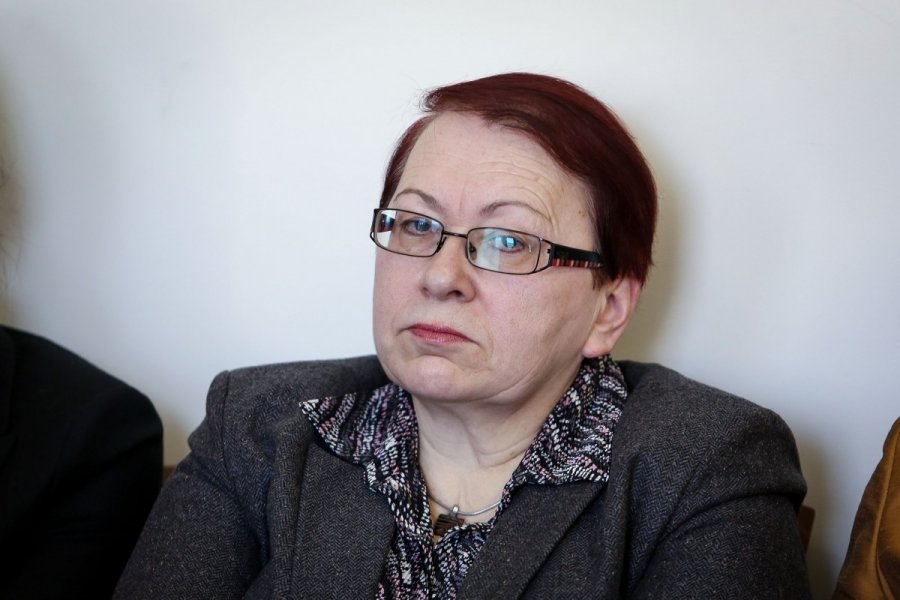- November 19, 2014
- 467
The surnames of Poles in Lithuania becloud the sun for decades

Separate legal act on spelling of names and surnames in documents is not needed and it would be enough just to amend acts which already exist, declared the Deputy Chair of the Commission of Lithuanian Language Jūratė Palionytė.
„If we talk about letters in relation to diacritical signs, I do not know if those two drafts of Law (alternative projects on surname spelling – editorial note) are necessary at all. If Seimas will choose the one which says about original spelling of names and surnames on the basis of the Lithuanian alphabet, it would be enough to expand the Act on Passports and Identification Cards just by one sentence. In fact, those acts are more about nothing and no”- said Palionytė.
The representative of the Commission of Lithuanian Language, said that in the case of the second option only minor amendments are necessary, and added that „projects which are already elaborated can hardly be regarded as legal acts”.
„The surnames of Poles becloud the sun for few decades and that is why we cannot accept any human resolution. In the meantime, Lithuanian names and surnames are imperiled. If we will expand the scope and meaning of „citizenship” people of two countries will appear and we would have to apply the principles of the European judicial system to spell the surname of the Lithuanian citizen, living in Portugal, in accordance with the Portuguese tradition. I am dubious whether we would survive solely with our Lithuanian letters”- said Palionytė
In her opinion, implementation of letters „w”, „q” and „x” will do no harm to Lithuanian alphabet, just like Estonian, Portuguese and Slovakian alphabet didn’t suffer after change.
The conservative and initiator of the first project Valentinas Stundys, appealed to those who had gathered that approval for original spelling of names and surnames in Latin symbols will extend Lithuanian alphabet with more than 150 new letters.
Ona Aleknavičienė from the Institute of the Lithuanian Language, supported this view and added that new letters will contribute to the collapse of the Lithuanian language.
Translated by Anna Potoła within the framework of a traineeship programme of the European Foundation of Human Rights, www.efhr.eu.

